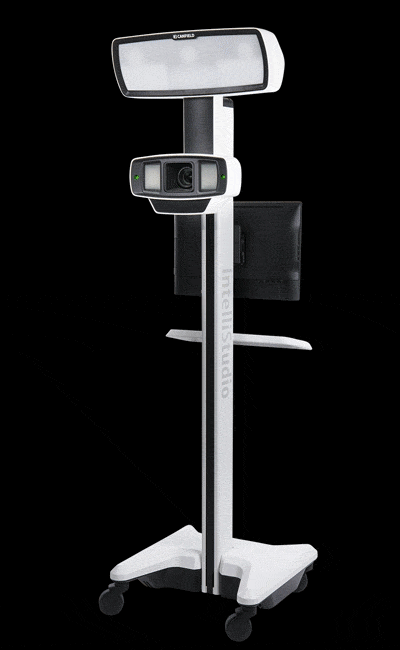

When VS acts up and reports whacky errors that seem wrong, the burning down the. suo file which is responsible for cached IntelliSense and also some cached Debug data. In these older versions you can fix Intellisense issues by deleting the Solution's. Older versions of Visual Studio (prior to VS 2015) didn't have a separate folder and dumped that same information into files in the solution's root folder. It's safe to delete this folder - Visual Studio recreates it when it's missing. That folder also holds Web site configuration data for Web projects and a few other things. suo file that caches intellisense and some debug data. vs folder holds solution related temp data including the. There's usually a simple solution when IntelliSense decides to sleep one off: Not sure when it arrived but it was in one of the late VS 2015.x updates. Note the Intellisense error drop down is a new feature so you may not see it in older versions of Visual Studio. Notice the drop down in the error list that lets you see Build + Intellisense which, in the case above produces 3 errors, but no errors if I just show Build Only: So IntelliSense sometimes goes off the rails and if you see errors in your project that don't make sense, first check to see if the errors are related to Intellisense.
#Intelli studio update code
The actual build of the code succeeds, but Intellisense is flagging several classes as missing even though they clearly exist and clearly compile properly. Review the Overview of the C++ extension.It's always fun when Visual Studio (ie can't recite the alphabet backwards: The code below builds just fine when running through the compiler, but Visual Studio displays Intellisense errors in the Error Window and in the code with underlined squiggles:.If you have trouble configuring the settings, file an issue in the VS Code documentation repository.For more information about IntelliSense configuration, see Customizing default settings.

You can open it by selecting C/C++: Edit Configurations (JSON) from the Command Palette: Next steps Given the settings above, your c_cpp_configuration.json file will look something like the following. If the extension can't find the path for the target system libraries, you can enter the include path manually: The C/C++ extension populates the include path by querying the compiler specified by Compiler path. You only need to modify the Include path if your program includes header files that aren't in your workspace, or that are not in the standard library path. Set to the architecture-specific variant of the compiler you are using.
#Intelli studio update full
Set to the full path of the compiler you are using to build your project.


The article is about configuring the C/C++ extension to provide proper IntelliSense (code completions) in Visual Studio Code when you compile for a different architecture than your development host machine.


 0 kommentar(er)
0 kommentar(er)
